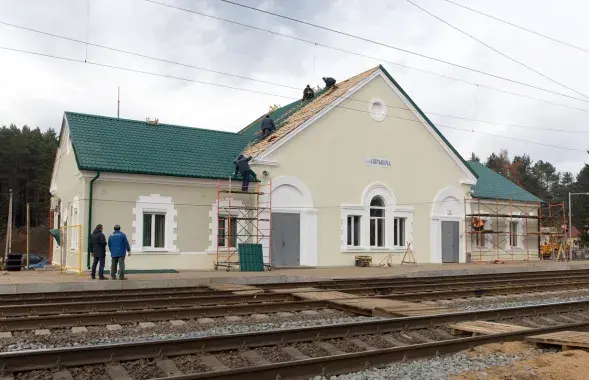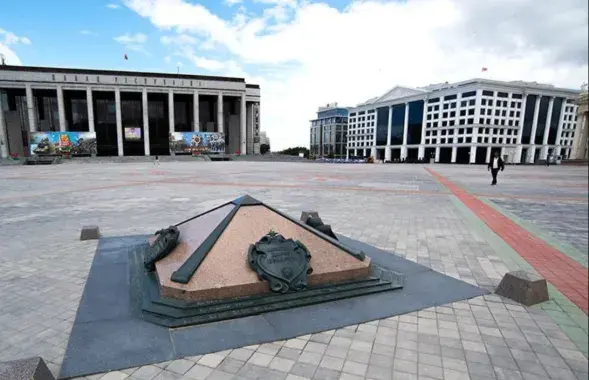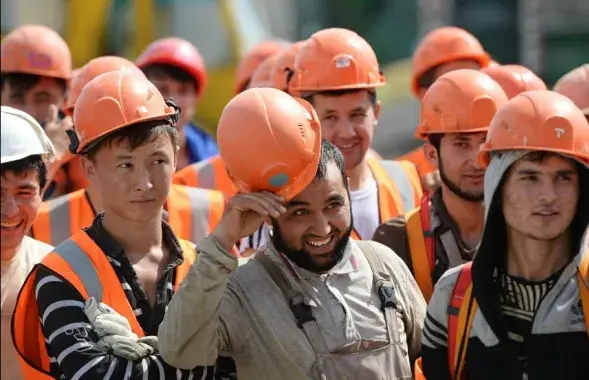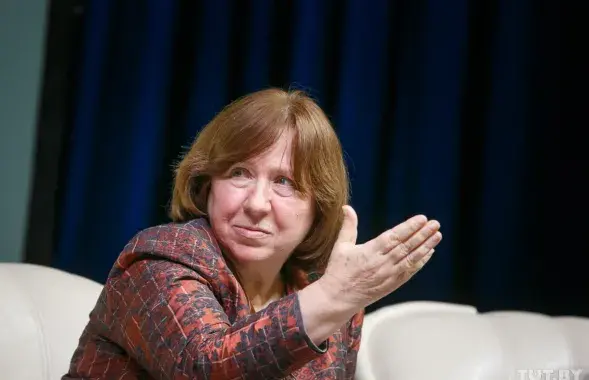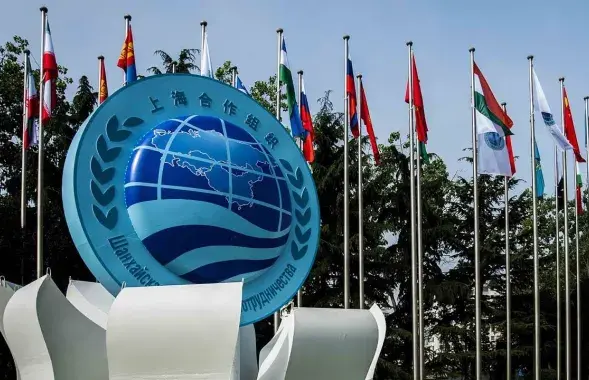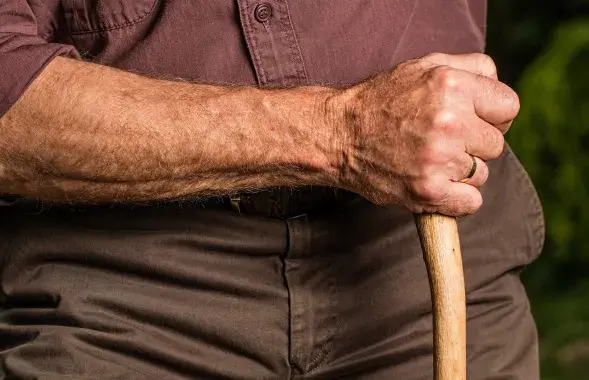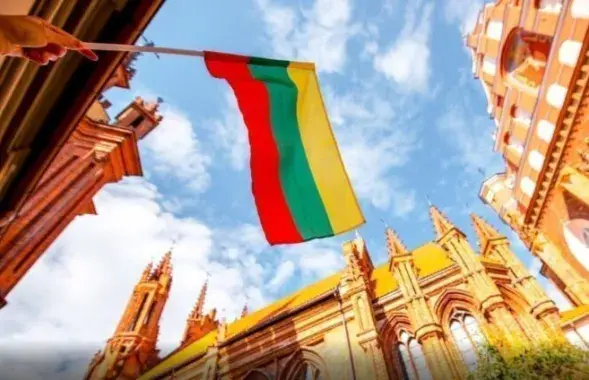Ivonka Survila: I don't know whether I'd arrive if Lukashenka invited me
Chairperson of the BPR Council tells about the government in exile activity, Latushka's appointment as Ambassador and her knowledge on contemporary Belarus.
The BPR Council, together with the majority of Belarusian opposition leaders, came up with a memorandum in which they urged to defend the country's independence. Ivonka Survila tells about the Belarusian People's Republic and about the contemporary Belarus in a calm and thoughtful voice. She has no accent but her language differs from the one that Belarusians speak today. Probably, the first BPR leaders spoke like this.
Euroradio: Please tell what is the BPR Council today? How is it possible to get there?
Ivonka Survila: The BPR Council today consists of 80 people. There is also the Presidium of the Council, which consists of 15 people. The Council members are elected by different immigration communities, as this is the Council in exile. They come up with suggestions, elect candidates. We see in the Presidium whether to accept the new members or not. Two Council members should support a new candidature. If I am not mistaken, the Council is full at the moment. Representatives of the BPR Council live in 16 countries of the world today.
Euroradio: Can we say that the BPR Council Presidium is a sort of a government in exile?
Ivonka Survila: Yes, absolutely. The Presidium has secretariats - these are a sort of ministries. There is a Foreign Affairs Secretariat. I am dealing with it in fact, traditionally. There is also the Internal Affairs Secretariat, and the Education Secretariat... There are six of them in total. Not all ministries are reasonable abroad. Therefore, we have only six.
Euroradio: Can you tell us the Ministers' names?
Ivonka Survila: For example, Ala Orsa-Ramana heads the Education Secretariat, Vyachka Stankevich - the Internal Affairs Secretariat - he deals with the Council's and Presidium's interior administration, this is where the name comes from. The Council's Secretary is Alesya Syomukha.
Euroradio: Is it possible to see anyone of the BPR Council members in Belarus?
Ivonka Survila: Our members visit the country. I can't. First, they would probably deny a visa to me, if I did not ask for it personally from Lukashenka. The Belarusian Ambassador to Canada has told me this once. I am not going to ask anything from the Belarusian leader - this would have been an insult to me. The conversation with the Ambassador to Canada Mr. Khvastou happened long ago. We had good relations in the beginning. He met with our Belarusians. He used to tell me that Lukashenka would have given me the visa if I asked him.
Euroradio: The BPR Council is often called the government in exile, which has a clear structure. Does this symbolism correspond with the reality, and to which extent?
Ivonka Survila: The BPR Council is indeed a symbolic government. However, being here, abroad, and not to use the political influence that we have would have been unforgivable. During the last year, I appealed to the government of Canada six times in order to influence the situation with political prisoners in Belarus, in order there could be some pressure.
When Putin made a statement on joining Belarus to Russia as a region, I think it was back in 2002, the BPR Council sent letters to all the governments which were friendly towards us. We protested against such statements and explained why Belarus must be independent. We do such work constantly. We speak at various conferences. We do our best to fight for the independence of Belarus.
Euroradio: It is interesting - do politicians and governments of different countries treat the BPR Council as a civil or a political organization?
Ivonka Survila: I think they treat us as a political organization. At least, when I get letters from the politicians, they write "To the BPR President" on envelopes (laughs). On the other hand, the status of a government in exile is very complicated. According to the international law, if a government of a certain country officially recognizes a government of another country, it can no longer recognize us at the official level.
However, they understand us very well. Especially those countries that also had governments in exile. Others treat us politely and with sympathy. You know, the very existence of a government abroad makes a political activity. And if there is a government in exile it means that something is wrong inside the country.
Euroradio: How do you imagine the contemporary Belarus? What do you read, and know, about your Homeland?
Ivonka Survila: I can tell you that I read the web-sites, books and newspapers from Belarus every day. I still have personal connections with various Belarusian fighters for freedom. I think I know about Belarus not less than any Belarusian.
Euroradio: What Belarusian news made you happy or surprised recently?
Ivonka Survila: I was surprised with Latushka's appointment as Ambassador to France. He wasn't such a bad Minister of Culture I think. However, the Ambassador to France is a responsible position. If he shows himself a good Belarusian and tells everywhere that Belarus is not Russia, he will do a good deed.
As for happiness, there hasn't been much good news. I was happy about Sannikau's release. Although he didn't spoke well of our initiative on Vilnius meeting and memorandum later, we struggle for every political prisoner, for his release.
Euroradio: If we imagine such a fantastic thing that the Belarusian authorities change the attitude to the BPR Council and Lukashenka invites you to Belarus, will you come?
Ivonka Survila: I think... You know, I long for coming to Belarus. You can't imagine how I miss it. But I wouldn't believe. I would think there's a catch... I don't know, really... I would need to talk to someone about it. It would be difficult for me to accept such invitation.
